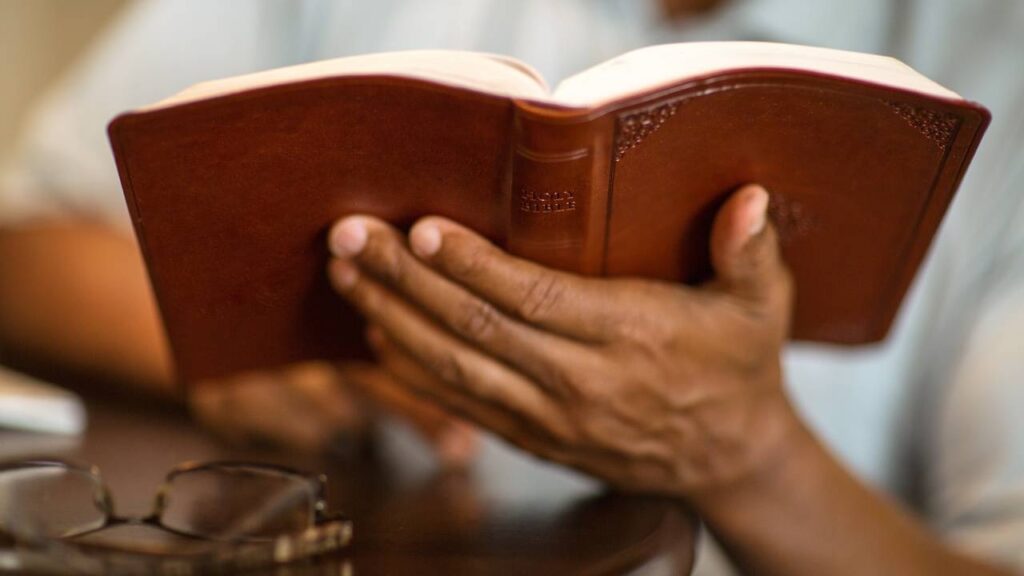
Money doesn’t just test your math skills—it reveals your mindset, your heart, and your trust in God. When we handle money from a place of faith and wisdom, it becomes more than currency—it becomes ministry. Every financial habit is either aligned with Heaven or reacting to fear. If we want to build lasting, purpose-driven wealth, we must first commit to honoring God with how we manage it.
Let’s look at three foundational financial habits that don’t just build wealth—but align it with God’s design.
- Giving
Giving isn’t about religious obligation—it’s about relational trust. It’s the spiritual discipline of saying, “God, I trust You more than I trust my bank account.”
Everything we have—every opportunity, every open door, every dollar—is a gift. We are stewards, not owners. Giving positions our hearts in humility. It reminds us that we are part of something bigger than ourselves.
Giving also breaks the cycle of self-centeredness. When we give—whether it’s finances, time, or resources—we open our lives to be used by God in real, tangible ways. The early church in Acts wasn’t defined by what they accumulated, but by how they shared, supported, and uplifted each other. That’s the Kingdom economy.
“There is nothing we have that we were not given.” That’s not just theology—it’s a mindset.
Want to shift the atmosphere in your life and business? Make giving a lifestyle. Give joyfully, freely, and regularly. Ask God, “Where do You want this to go?” and be willing to move with His prompting.
- Prudence
Prudence is spiritual maturity in motion. It’s the habit of thinking beyond today and making choices that reflect wisdom—not impulse.
“The plans of the diligent lead surely to abundance, but everyone who is hasty comes only to poverty.” — Proverbs 21:5
Prudence shows up when you set boundaries in your spending. When you say no to something you want now because you’re building something greater later. It shows up when you pause before signing, before buying, before committing.
You don’t need a spreadsheet to walk in prudence (though that helps). What you need is the conviction that your money is too valuable—too sacred—to be spent carelessly.
Ask yourself: Does this decision reflect my purpose? Does it bring peace, or pressure? Is this wisdom, or worry in disguise?
Being prudent doesn’t mean being stingy. It means you plan, you prepare, and you don’t move in fear. You move in faith—with strategy.
- Investment
God doesn’t just give seed to the sower—He expects it to grow. In Matthew 25, Jesus tells the parable of servants given different sums. The ones who invested and multiplied what they were given were called faithful. The one who buried his out of fear was rebuked—not because he lost money, but because he refused to grow it.
God is a multiplier, and He calls us to multiply, too.
Investment is more than stocks and property. It’s about how you take what God has given you—your money, your skills, your platform—and grow it for His glory. When you invest, you prepare. You position yourself and your family for sustainability. You free yourself from survival mode so you can live with purpose.
And you don’t need a lot to start. You need clarity, discipline, and consistency. Learn how money works. Seek counsel. Start small and stay faithful. When God sees you manage little with excellence, He’ll trust you with more.
“Whoever gathers money little by little makes it grow.” — Proverbs 13:11
Investment honors God when it’s rooted in purpose, not pride. When it’s about legacy, not luxury. When it’s about building what will outlast you.
These three habits—giving, prudence, and investment—aren’t just financial strategies. They are spiritual disciplines. They reveal what you believe about God, about yourself, and about your assignment.
Honor God with your finances, not just in words, but in action. Let your money reflect your mission. Let your budget align with your beliefs. Let your goals submit to His guidance.
When you get this right, money won’t own you—it will serve you. And through you, it will serve others. That’s how wealth becomes worship. That’s how stewardship becomes legacy.
Recent Comments
Recent Posts
-

There Is No Basis for Pride
5 Nov, 2025 -

Love is Passionate
20 Oct, 2025 -

-

The Devil has a Foothold When You Do Not Love
14 Oct, 2025



